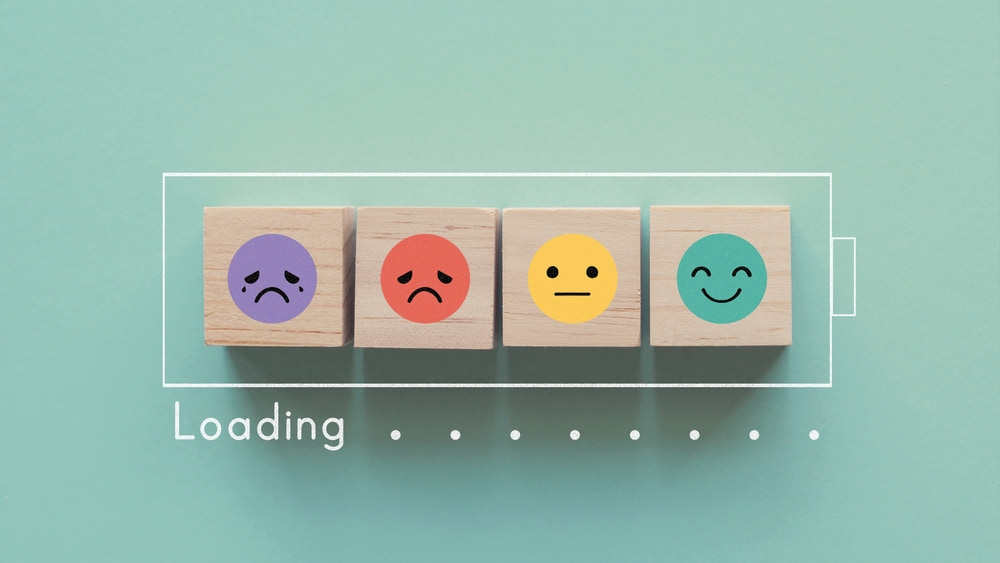Simple ways to improve emotional resilience


Emotional resilience is actually the act of overcoming difficulties, stress, and keeping mental well-being okay even while under stress. It can also be compared to it. Your mental and emotional immune system—just like physical health, it has to be nurtured and strengthened often.
Today’s life is changing dramatically and introducing new challenges to a great extent. These can be one’s own work beats, personal struggles, and even unexpected crises that demand the most attention. The article on mental resilience is meant to help you cope with these issues. But hey, what’s it really about? Below is a brief discussion of the easy and effective ways of augmenting your emotional resilience.
Practice Mindfulness to Stay Present


Mindfulness is one of the most powerful tools for improving emotional well-being. According to Jon Kabat-Zinn, author of “Mindfulness for Beginners,” practising mindfulness helps individuals manage stress and cultivate inner peace.
How to Incorporate Mindfulness into Your Life:
- Start your day with deep breathing – Take 5 minutes each morning to focus on your breath.
- Practice mindful eating – Pay attention with each bite, savor it and enjoy its taste and texture.
- Limit screen time – Stay with the moment of now in the real world, no virtual life.
- Try guided meditation apps – Apps like Headspace and Calm can help establish a routine.
Practising mindfulness will enhance your self-awareness, improve focus, and better manage stress—all crucial elements of emotional resilience.
Develop Positive Coping Mechanisms


When hardships cross your path, do you do turn to healthy or unhealthy behaviors? Do you turn to unhealthy habits like overeating, drinking, or isolating yourself? Building resilience means developing healthy coping mechanisms instead.
Healthy Coping Mechanisms Include:
- Journaling – Writing down your ideas and emotions brings you the ability to come to terms with challenging feelings.
- Physical exercise – Movement releases endorphins, which boost mood and reduce stress.
- Talking to a trusted friend or therapist – Allowing yourself to express emotions will help them get out of your system.
- Engaging in creative activities – Painting, music, or writing can be emotional outlets.
Instead of avoiding challenges, embrace them as opportunities for growth.
Build a Strong Support System


Humans are social animals, and having a support system is essential for emotional resilience. In “Emotional Intelligence 2.0” by Travis Bradberry and Jean Greaves, the writers point out how good the relationships can be for the emotional health.
Ways to Build a Support System:
- Nurture existing relationships – Devote valuable time to the beloved ones: family and friends.
- Join support groups or communities – Find like-minded people who uplift you.
- Don’t hesitate to ask for help – Seeking support is a sign of strength, not weakness.
Adopt a Growth Mindset


In “Dare to Lead,” Brené Brown highlights the power of vulnerability and embracing challenges. A growth mindset enables one to consider setbacks as ways to grow and develop.
Shifting to a Growth Mindset:
- Reframe failures as learning experiences.
- Use positive self-talk instead of self-criticism.
- Celebrate small wins and progress.
Your mindset determines how you react to adversity—choose to see struggles as stepping stones.
Prioritize Self-Care for Mental Health


Self-care is not selfish; it’s a necessity. In “The Happiness Trap” by Dr. Russ Harris, he explains how self-care enhances mental wellness and prevents burnout.
Simple Self-Care Practices:
- Get enough sleep – According to Dr. Matthew Walker (“Why We Sleep”), sleep is essential for cognitive function and emotional regulation.
- Engage in physical activity – Exercise is a natural mood booster.
- Practice gratitude – Keeping a gratitude journal rewires the brain for positivity.
You build resilience to handle life’s ups and downs by taking care of yourself.
Use Positive Psychology to Boost Happiness


Dr. Martin Seligman, who is fondly known as the father of positive psychology, reflects on the idea that happiness is created through purpose, engagement, and relationships.
Happiness Tips to Apply Daily:
- Perform acts of kindness.
- Engage in activities that bring joy.
- Stay optimistic, even in difficult times.
By focusing on what’s within your control, you can create a happier, more resilient life.
Learn from Inspiring Stories of Resilience
Many successful people have faced overwhelming challenges but emerged stronger. Here are three inspiring individuals who overcame adversity:
J.K. Rowling – Turning Rejection into Success
Before achieving worldwide fame, J.K. Rowling faced multiple rejections from publishers, battled depression, and struggled as a single mother. Her resilience and determination led to the creation of the beloved Harry Potter series, inspiring millions worldwide.
Nelson Mandela – Perseverance in the Face of Injustice
Nelson Mandela was sentenced to 27 years behind bars for struggle against apartheid in South Africa.Instead of letting bitterness consume him, he emerged with a vision of reconciliation and became the country’s first Black president, leaving behind a legacy of peace and leadership.
Bethany Hamilton – Overcoming Physical Setbacks
A professional surfer, Bethany Hamilton, lost her arm in a shark attack at age 13. Instead of giving up, she trained relentlessly and returned to competitive surfing, proving that resilience can overcome even the toughest physical challenges.
Each individual demonstrates that resilience isn’t about avoiding struggles but learning from them.
Strengthening Your Emotional Resilience


Developing emotional resilience is an ongoing journey that requires considerable effort and commitment. The strategies outlined in this article—mindfulness, self-care, support systems, and a growth mindset—are powerful tools to help you navigate life’s inevitable challenges with strength and grace.
Emotional resilience doesn’t mean avoiding stress or hardship; it means developing the ability to bounce back stronger. Implementing these practices will improve your mental well-being and foster greater happiness and fulfilment.
Life will always present obstacles, but resilience empowers you to face them head-on. Pick one strategy from this guide and incorporate it into your daily routine. Over time, these small changes will lead to lasting improvements in your emotional strength and overall well-being.
What’s one resilience-building technique you’re going to try first? Share your thoughts in the comments!









